People
People
Project Director
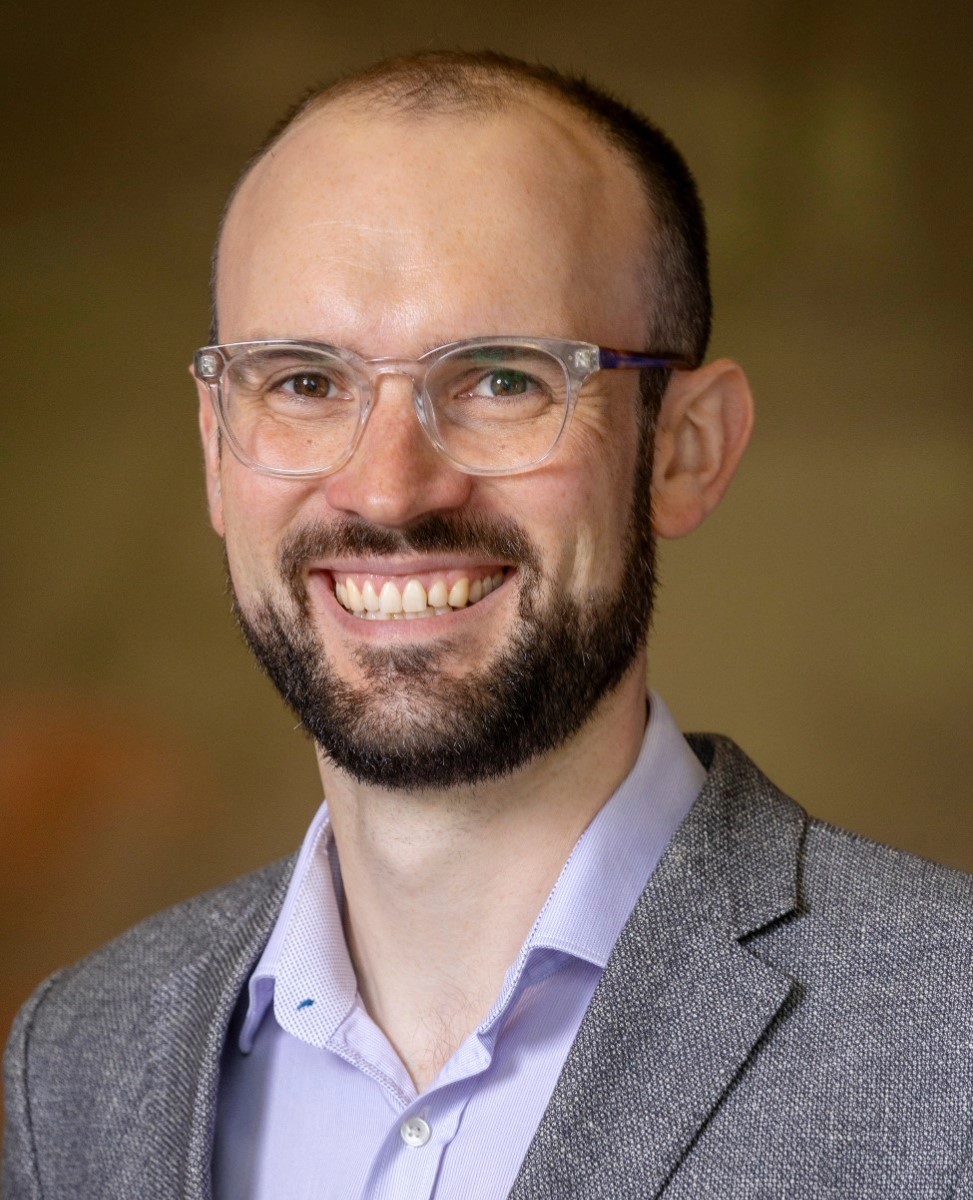
Alex Worsnip
Alex is an Associate Professor of Philosophy and the Director of the Applied Epistemology Project. He has published numerous journal articles across a range of topics in epistemology, ethics, and the theory of rationality, and his monograph, Fitting Things Together: Coherence and the Demands of Structural Rationality, was published by Oxford University Press in Fall 2021.
Over the last several years, Alex has been increasingly turning his attention toward applied epistemology. He has published articles on the epistemology of media consumption and the epistemology of climate change skepticism, and on the epistemology of political disagreement. He regularly teaches a course in applied epistemology for undergraduates with no prior philosophical background, and he is also currently working on turning the lectures from this course into a textbook, provisionally entitled Seeking Truth in an Age of Distortion: An Applied Introduction to Epistemology.
Visiting Fellow

Molly O'Rourke-Friel
Molly is a Visiting Fellow at the Applied Epistemology Project, and an Assistant Professor of Philosophy at Ursinus College. Her research is in social epistemology and ethics. Recent work engages with questions about group deliberation, echo chambers, epistemic blame, and radicalization. In her work, she considers how findings in cognitive science and social psychology should impact philosophical theorizing about epistemic normativity.
Faculty Fellows
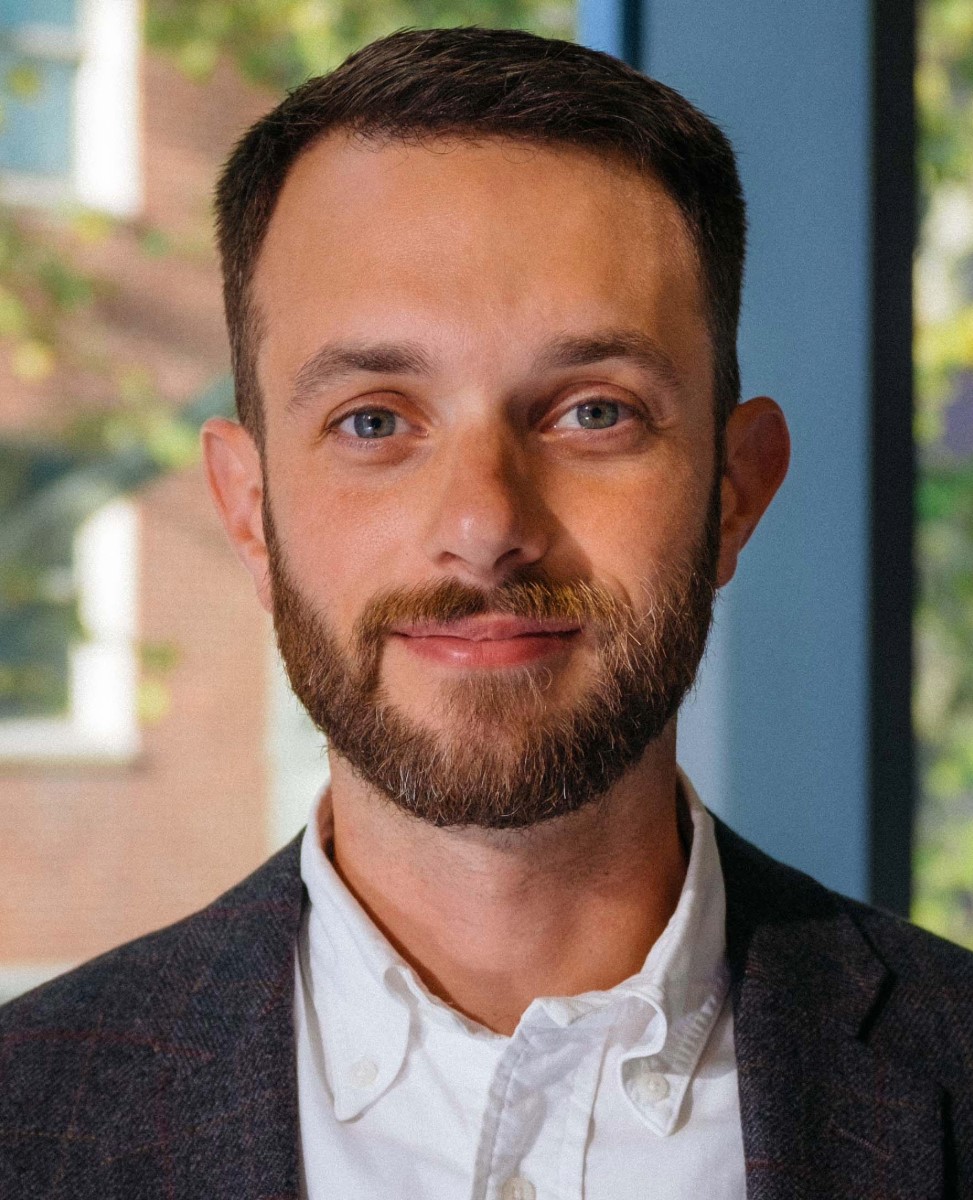
William (Zev) Berger
Zev is a Teaching Assistant Professor with the Philosophy, Politics, and Economics program in the Philosophy department at UNC. His research works at the intersection of political psychology and political epistemology. Using computational and empirical models his research looks to how experimental data can contribute to our understanding of concepts like trust, polarization, and inequality.

Luc Bovens
Luc is a Professor of Philosophy and a core faculty member in the Philosophy, Politics, and Economics program. He is a joint author, with Stephan Hartmann, of Bayesian Epistemology, OUP, 2003. His interests are in rationality, voting theory, philosophy of economics, and philosophy and public policy. Luc is currently working on polarization in US politics. He has a forthcoming book on moral psychology entitled Coping – a Philosophical Guide, OpenBooks 2021, and manages a website on Teaching Ethics with Short Stories.

Kurt Gray
Kurt is a Professor in the Department of Psychology and Neuroscience, where he directs the Deepest Beliefs Lab and the Center for the Science of Moral Understanding. He studies morality, religion, robots and society, and how best to bridge political divides.

Jeff Greene
Jeff is the McMichael Distinguished Professor of Educational Psychology and Learning Sciences in the School of Education. In his scholarship, he focuses upon how people learn with digital resources and how to help them become better critical consumers and producers of knowledge. This scholarship includes a focus on epistemic cognition, an area of applied epistemology spanning psychology, philosophy, and education. He is co-editor of the Handbook of Epistemic Cognition, published by Routledge. He is a Fellow of the American Psychological Association, Division 15.
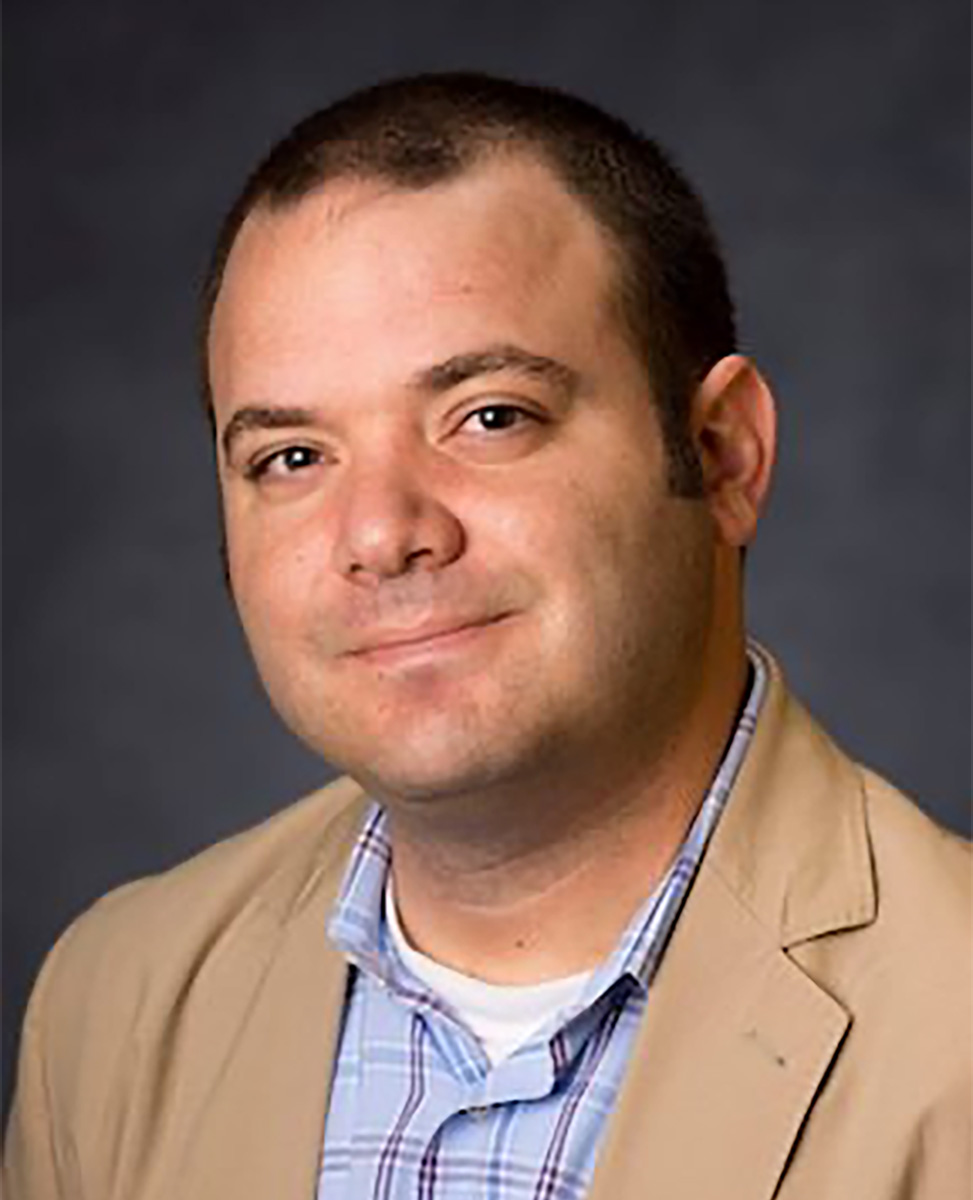
Matt Kotzen
Matt is a Professor and the Chair of the Department of Philosophy. His research is primarily on issues in epistemology, the philosophy of science, and the law of evidence. He also has research interests in related areas of decision theory, philosophy of mind, and philosophy of language.
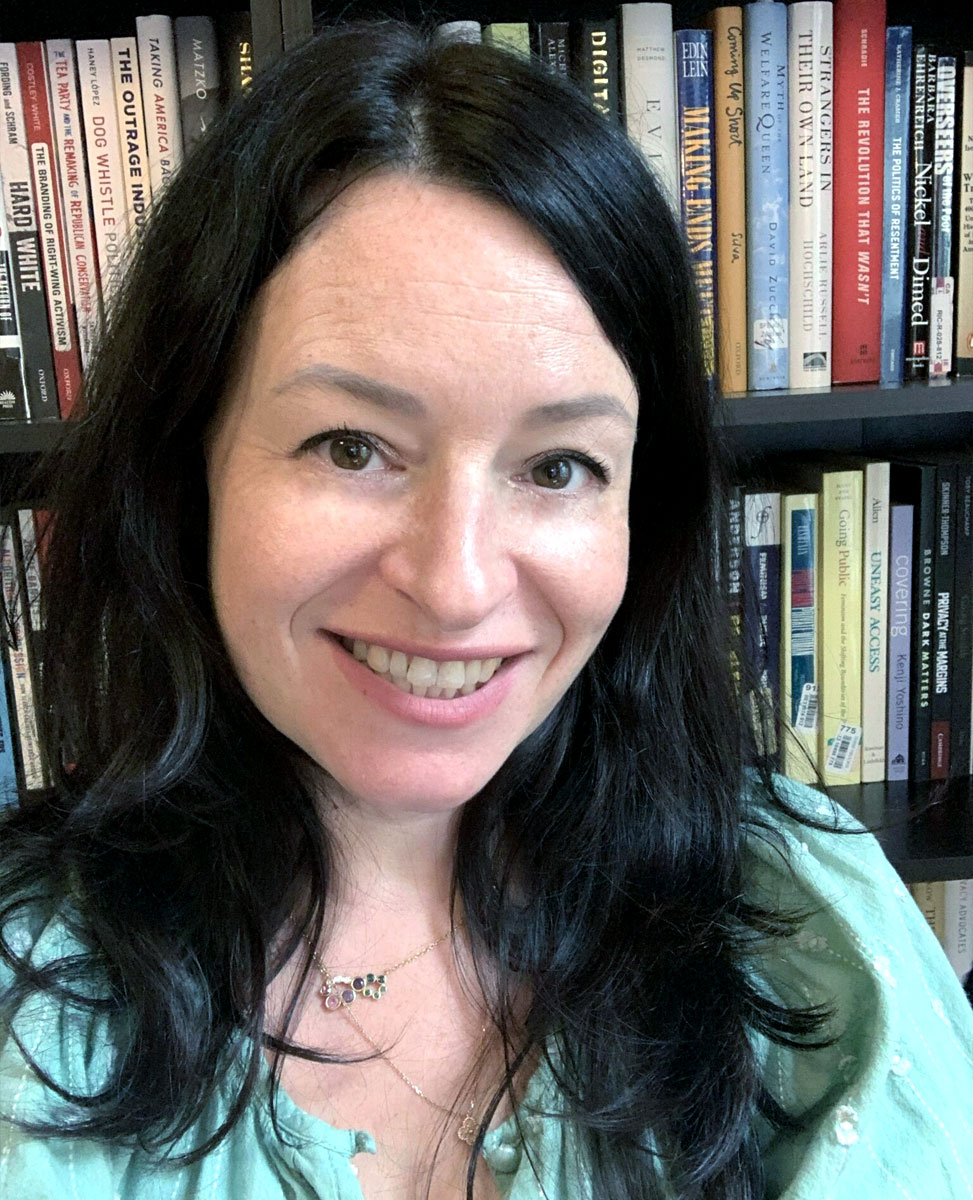
Alice Marwick
Alice is an Associate Professor in the Department of Communication and a Principal Researcher at the Center for Information, Technology and Public Life. She researches the social, political, and cultural implications of popular social media technologies, and is interested in the relationship between identity, disinformation, and epistemology. She is the author of Media Manipulation & Disinformation Online, Data & Society 2017, Status Update: Celebrity, Publicity and Branding in the Social Media Age, Yale 2013, and co-editor of The Sage Handbook of Social Media, 2017.
Alice's forthcoming book project, The Private is Political, examines how the networked nature of online privacy and visibility disproportionately impacts marginalized individuals in terms of gender, race, sexuality, and socio-economic status. As a 2020 Andrew Carnegie fellow, she is working on a third book about online radicalization.

Shannon McGregor
Shannon is an Assistant Professor in the Hussman School of Journalism and Media at UNC, and a senior researcher with UNC’s Center for Information, Technology, and Public Life. She is an award winning and internationally recognized communication scholar whose research addresses the role of social media in political processes. In particular, she examines how social media shapes political communication, journalism, public opinion, and epistemologies of public life in democracies. Shannon’s interdisciplinary and mixed-method research has been published across fields including communication, political science, and sociology – including in top-tier journals Journal of Communication, New Media & Society, Political Communication, and Information, Communication & Society. She is co-editor of a book, with Dr. Talia Stroud, Digital Discussions: How Big Data Informs Political Communication. Shannon writes often for the popular press, and her work appears in outlets like The Washington Post, Wired, Slate, and The Guardian. Shannon teaches courses about data analysis – what we can, and cannot, learn from digital data and how its mere presence shapes how we come to understand the world around us. She previously served on the faculty at the University of Utah.

Ram Neta
Ram is a Professor of Philosophy. He has published on a wide variety of topics in epistemology. He is currently investigating the relation between de se representation and the norms of rationality. One application of this research concerns the conditions of the possibility of an artificial intelligence that could do more than merely simulate rational behavior, but could be responsive to the norms of rationality.
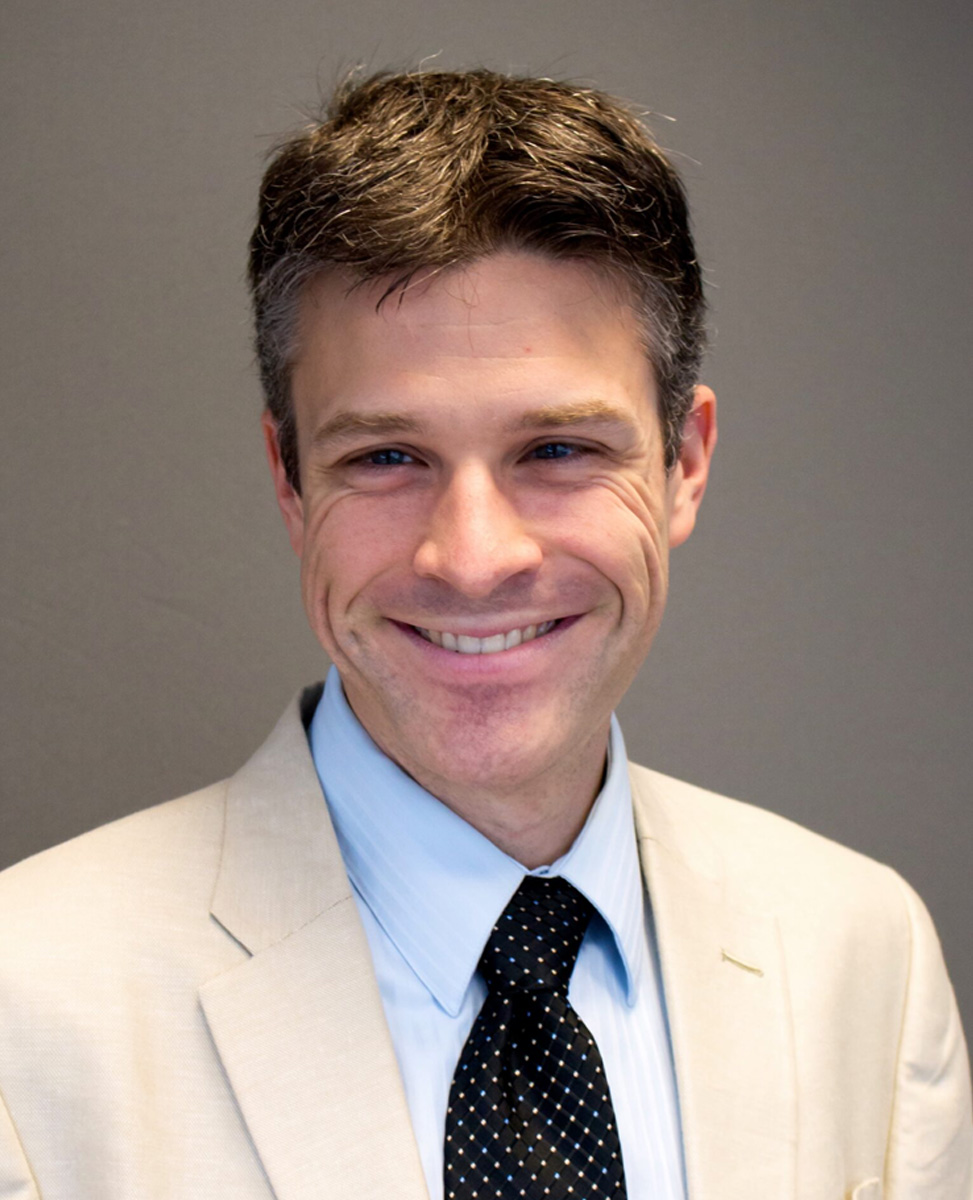
Tim Ryan
Tim is an Associate Professor in the Department of Political Science. He studies how aspects of human psychology interact with the American political system, with consequences for the spread of information, comity among everyday citizens, and democratic health more generally. His dissertation, which won the 2015 American Political Science Association award for Best Dissertation in Political Psychology, examines citizens' intuitions about morality. He documents that liberals and conservatives "moralize" politics to a nearly equal degree, though they moralize different issues.
Tim's research also shows that moral psychology leads citizens to oppose political compromises, punish compromising politicians, and proffer divisive political arguments, suggesting it is partly responsible for the rise in political polarization. His in-progress research projects examine the antecedents and consequences of implicit attitudes, gut feelings, about political candidates, as well as the role of citizens' capacity to develop expertise about specific issues that directly affect their lives.
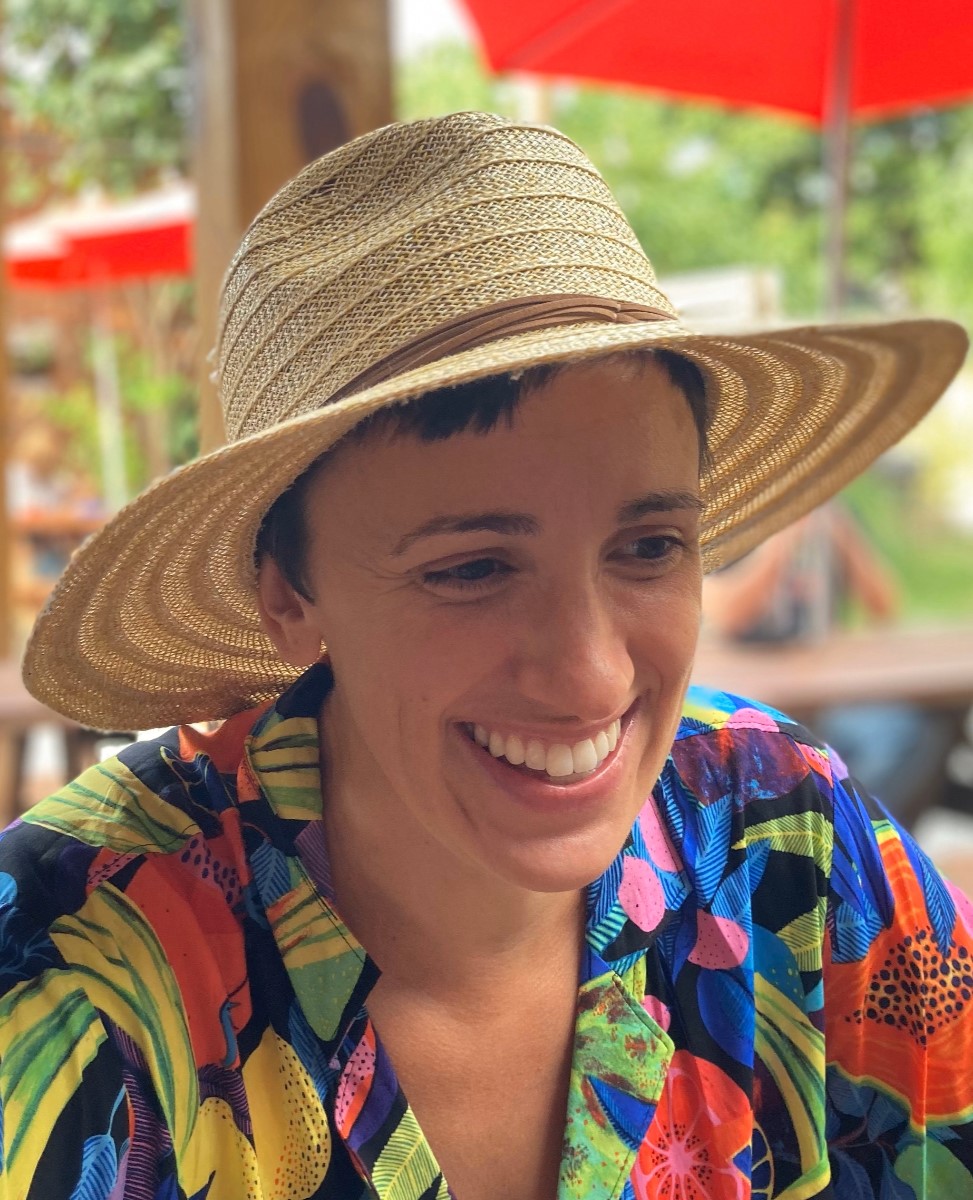
Shanna Slank
Shanna is a Visting Assistant Teaching Professor in the Philosophy Department at Chapel Hill, as well as a Research Fellow with the Kenan Institute for Ethics at Duke University. She is an ethicist. Currently, Shanna is interested in what sorts of attitudes we should have towards others whose beliefs we regard as immoral and how living in a liberal democracy informs this question.

Sarah Stroud
Sarah is a Professor of Philosophy and the Director of the Parr Center for Ethics. She works mainly but not exclusively in ethics, with a particular interest in questions at the intersection of ethics and epistemology. Sarah has written on partiality in belief; self-control in belief; lying; disagreement; and irrationality, among other topics. She co-edited Weakness of Will and Practical Irrationality, OUP, 2003, and The International Encyclopedia of Ethics, Wiley-Blackwell, 2013.
Graduate Fellows
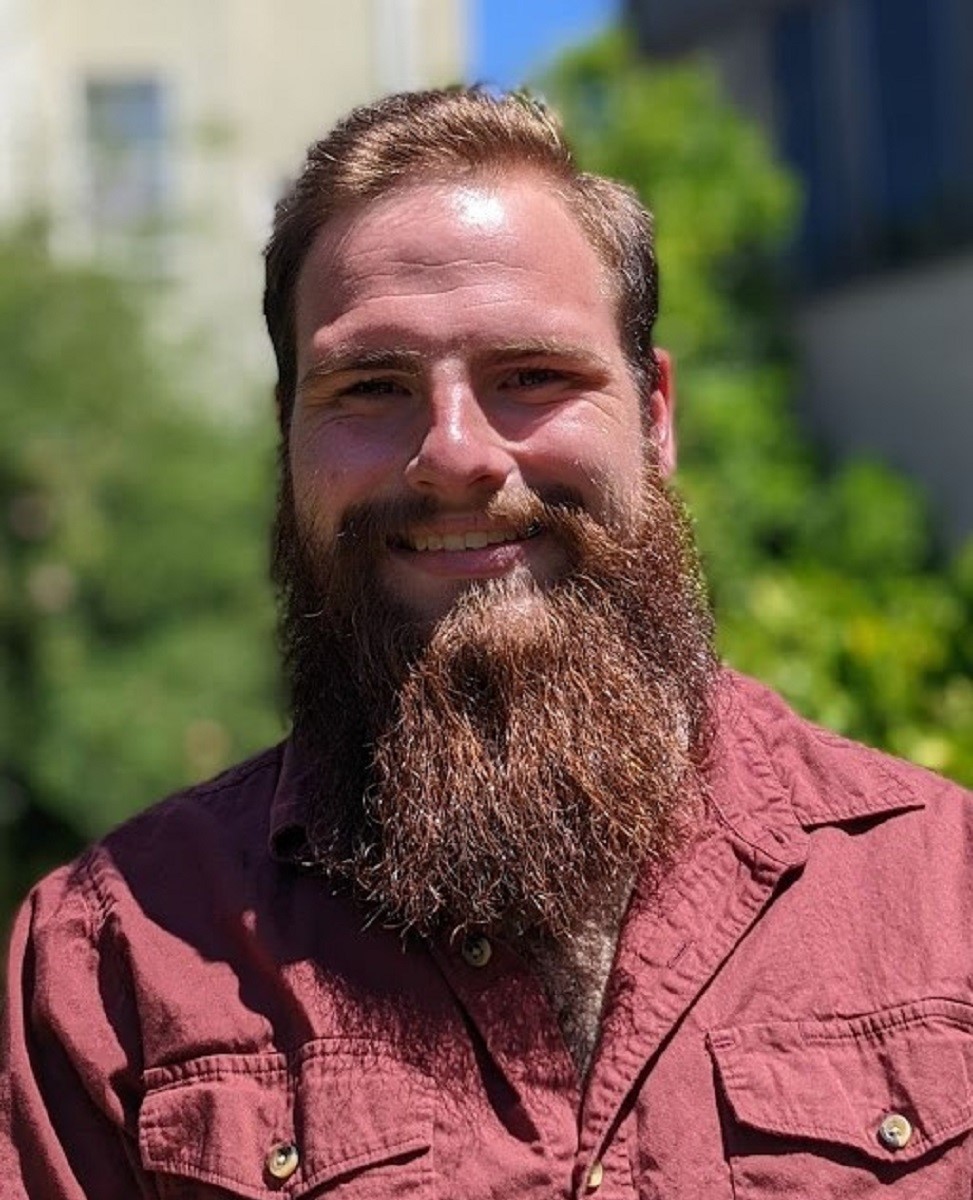
Kyle Cessna
Kyle is a second-year Ph.D. student in Philosophy. Before coming to UNC, he received a BA in Philosophy at UC Berkeley. His primary research interests are in epistemology and the theory of normativity. Recently he’s been thinking about when it’s rational to change your political beliefs in light of peer disagreement, and what kinds of reasons there are for peer disagreement in the first place.

Yan Chen
Yan is a Ph.D. student in Philosophy with interests in epistemology and the philosophy of science. Before joining UNC, she received a BA in philosophy, politics, and economics from Renmin University of China, and an MA in philosophy from Simon Fraser University. She is interested in exploring our epistemic responsibilities under various non-ideal constraints. Recently, she has been thinking about how workings of scientific communities bear on questions in epistemology.
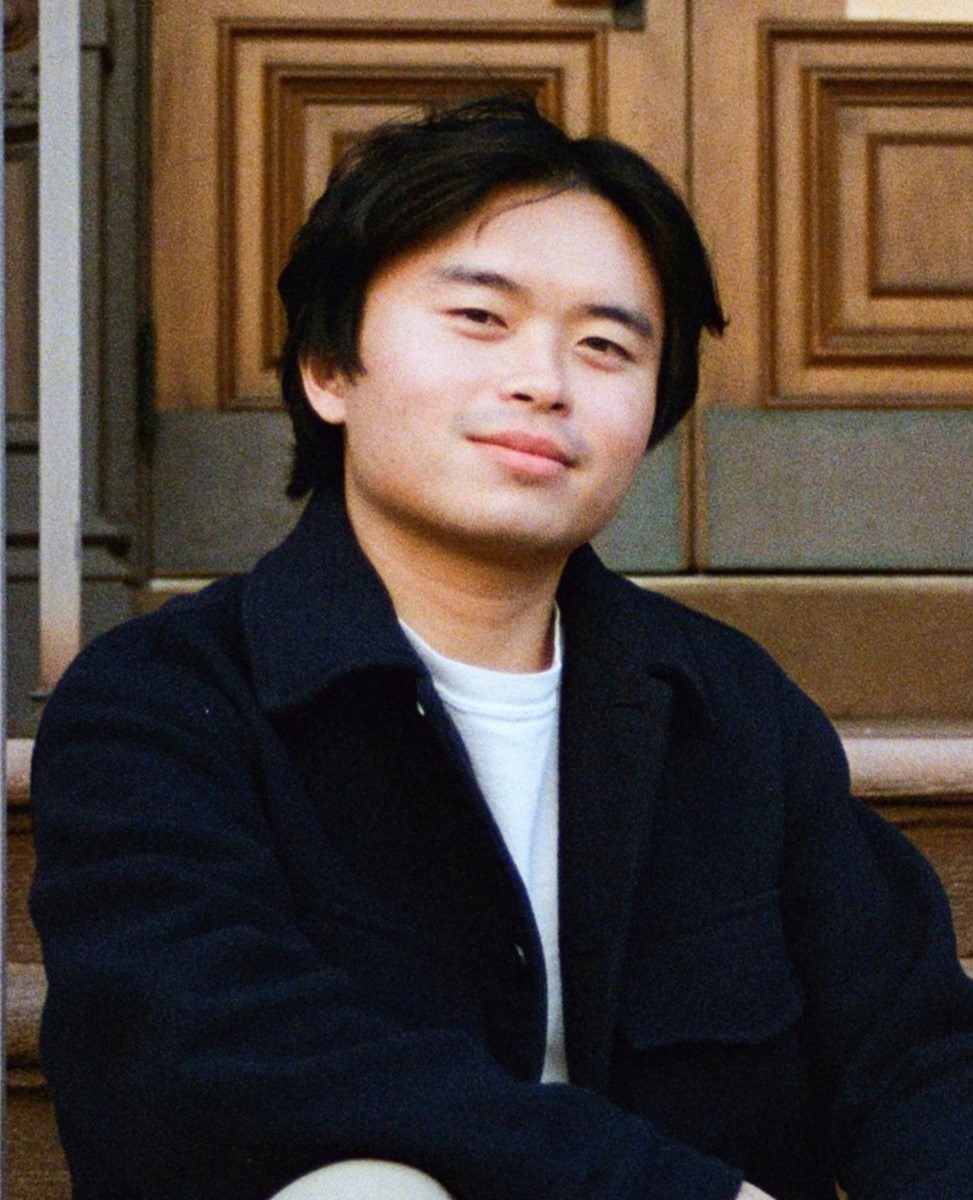
Ian Cho
Ian is a first-year PhD student in Philosophy. Before coming to UNC, he earned a BA in Philosophy from the University of Pittsburgh and an MAR in Philosophy of Religion from Yale. His interests include moral epistemology and the epistemology of religious commitments.
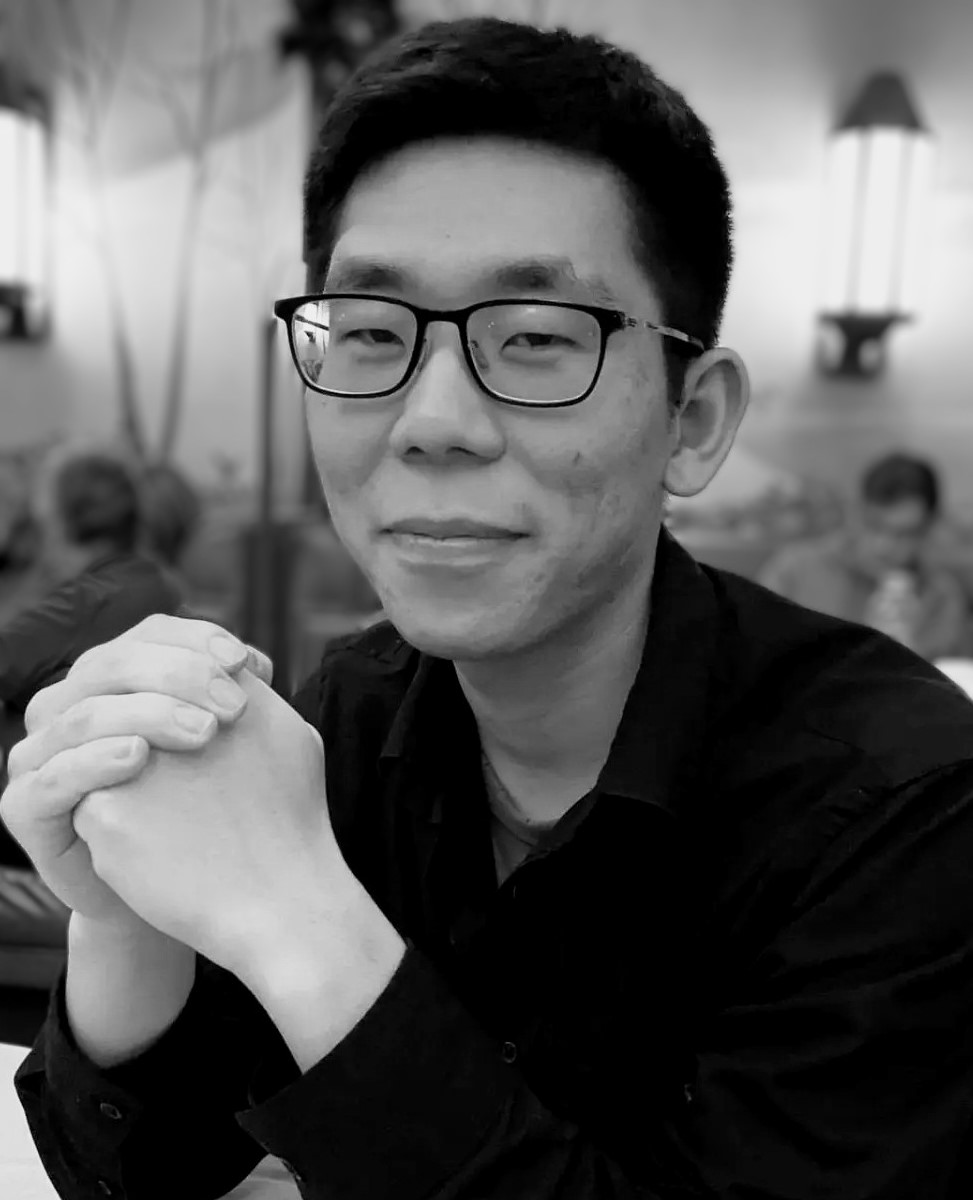
Eric Choi
Eric is a first-year Ph.D. student in Philosophy. Before coming to UNC, he received a BA in computer science and philosophy from Brown University. His primary research interests include moral philosophy, epistemology, and broadly speaking, normativity.
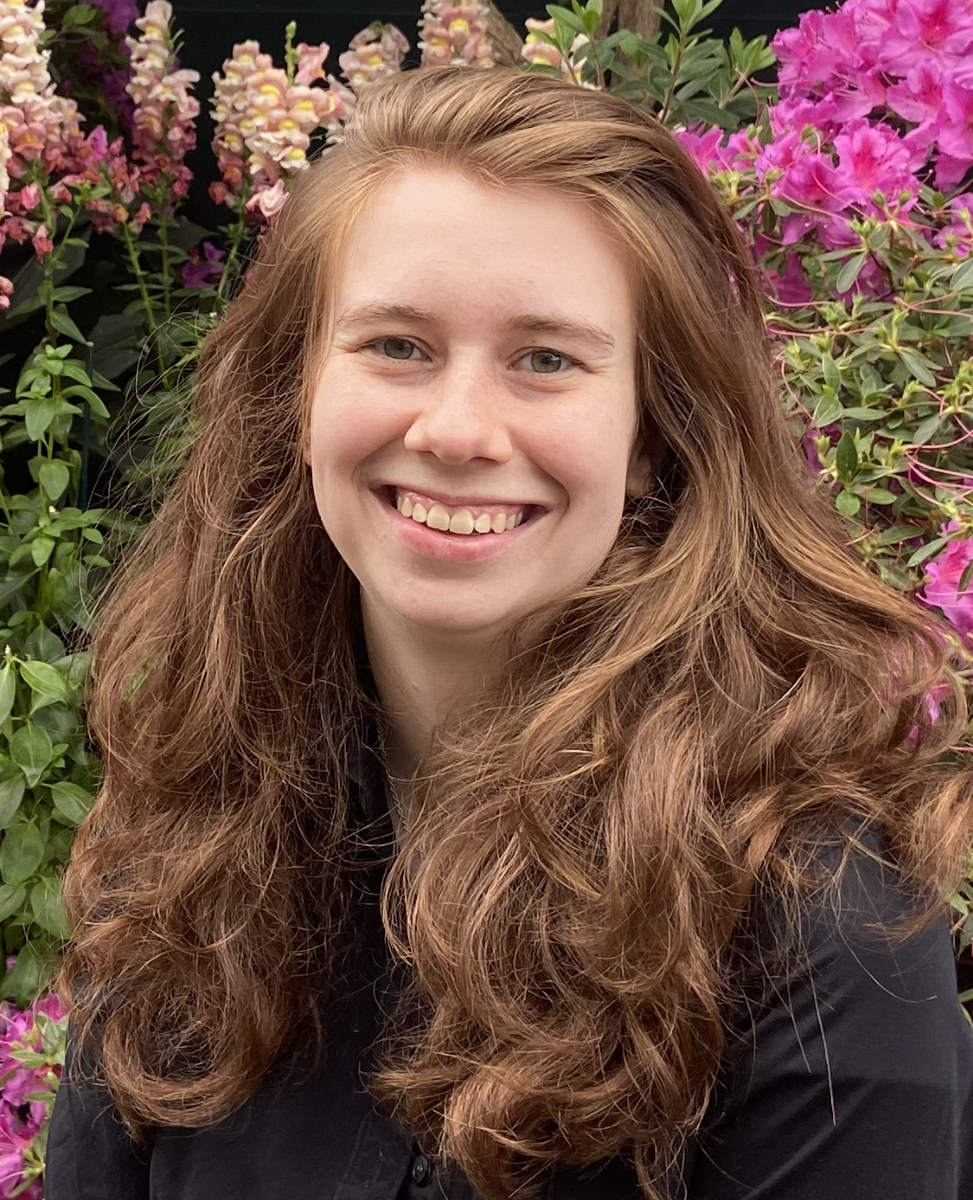
Ava Geenen
Ava is a second-year Ph.D. student in Philosophy. Before joining UNC, she received a BA in Philosophy from the University of Chicago. She’s generally interested in the intersection of ethics and epistemology. Recently, she’s been thinking about the place of epistemic humility in the face of propaganda, online radicalization and political polarization.
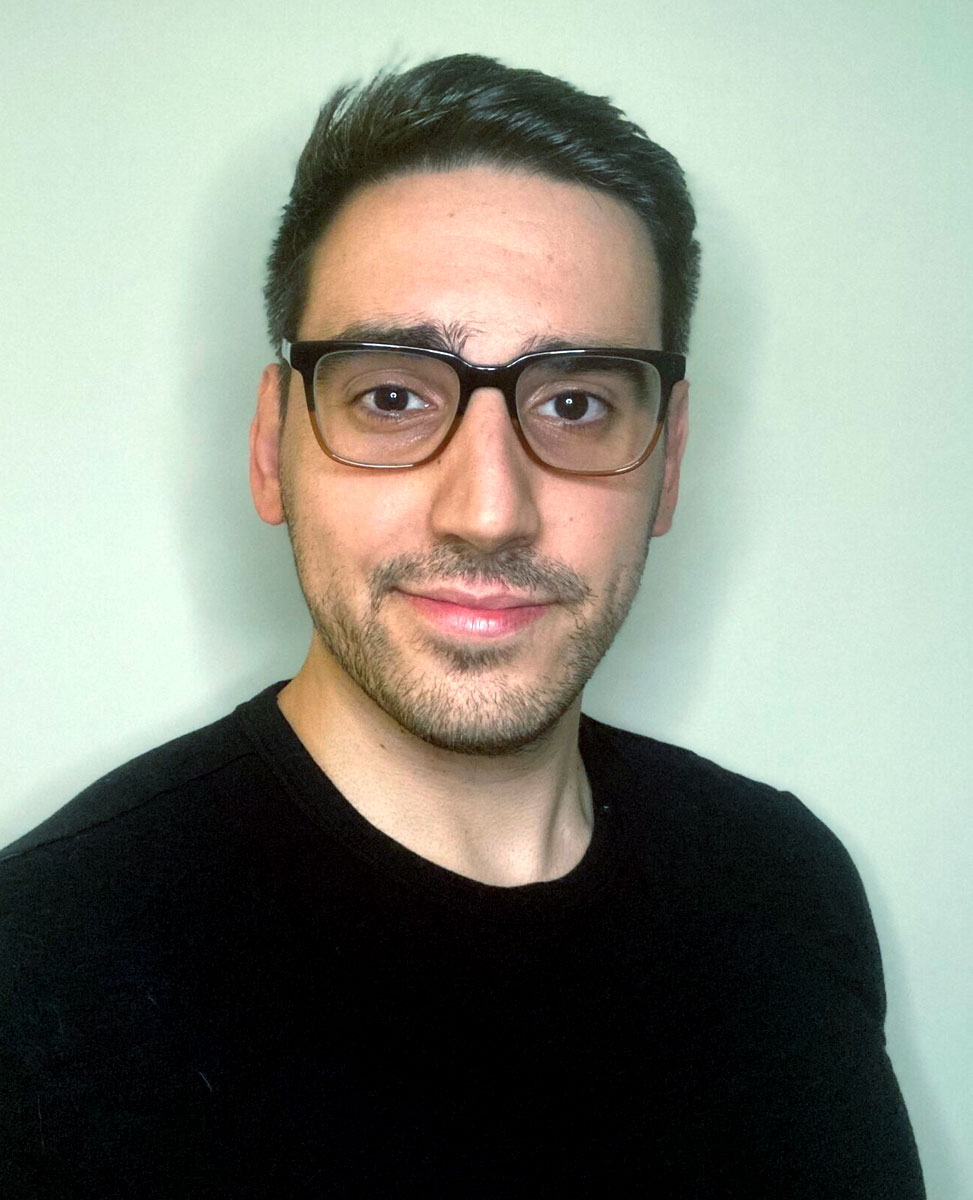
Devin Lane
Devin is a fourth-year Ph.D. student in Philosophy. Prior to coming to UNC, he competed a BA in Philosophy at Northeastern University and an MA in Philosophy at Northern Illinois University. His research interests are primarily in epistemology, social and political philosophy, and their intersection. He is currently working on a project concerning how we can best fulfill our dual roles as responsible inquirers and involved citizens in today's epistemically complicated world.
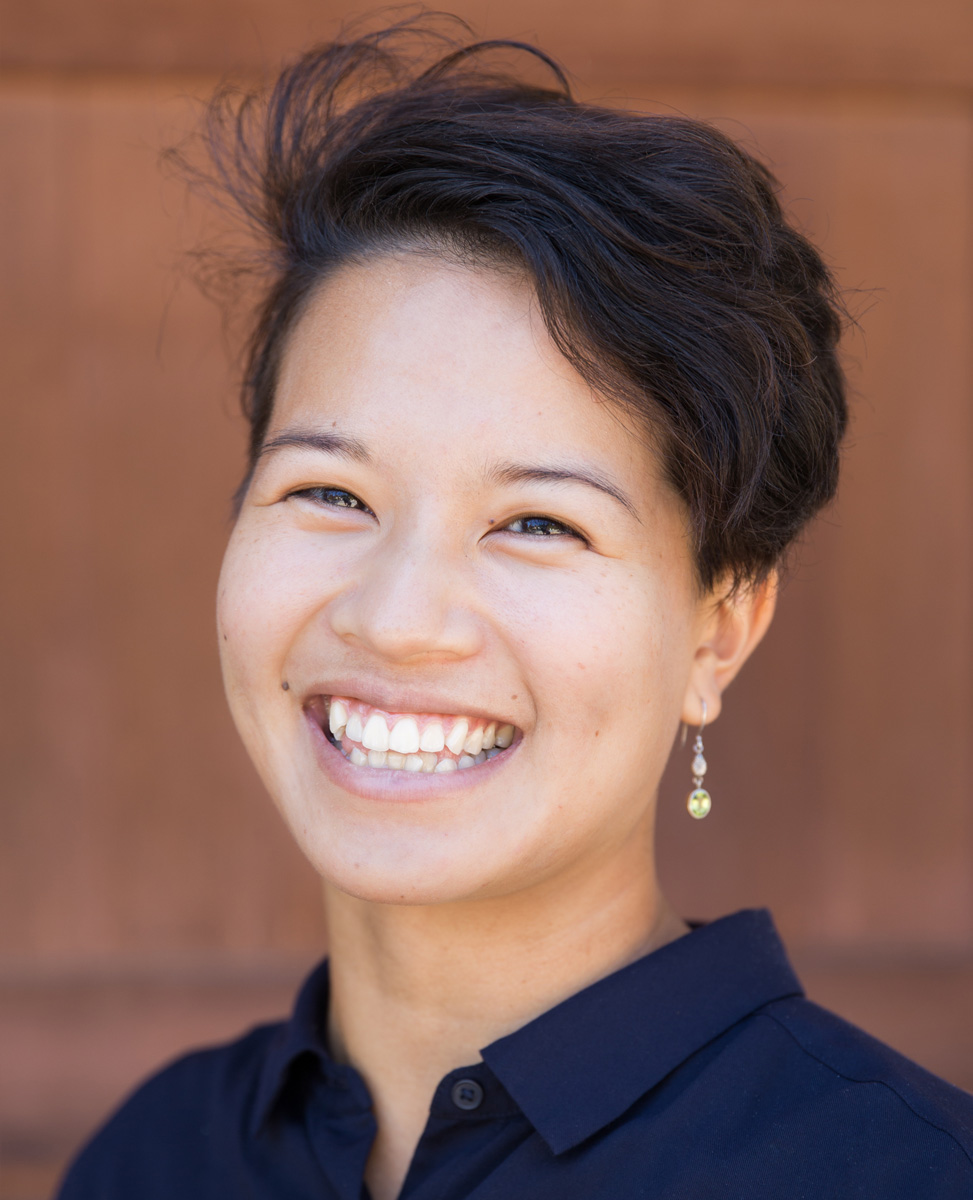
Genae Matthews
Genae is a fourth-year Ph.D. student in Philosophy with primary research interests in epistemology, social philosophy, and feminist philosophy (and their various intersections). They served as the 2023 Applied Epistemology Project Summer Research Assistant. Prior to coming to UNC, they earned their BA in Philosophy from Wellesley College. Genae's dissertation aims to interpret and vindicate the central theses of standpoint epistemology by appealing to considerations about higher-order evidence, among other things. They also have research interests in normativity (broadly construed to include issues in both meta-ethics and epistemology). When not philosophizing, they enjoy climbing rocks, cooking vegan food, and wrangling their cat.

Conner Schultz
Conner is a fifth-year Ph.D. student in Philosophy. His research interests are in epistemology, metaethics, and the ethics of belief, and his dissertation focuses on the role of deliberation in our normative lives. With respect to applied epistemology, Conner is developing a defense of what he terms “epistemic insurance policies” – that is, roughly, epistemic norms for agents who are unable to tell whether they’re in a good epistemic position, but which will insure them in case they are indeed in a bad epistemic position. These include, for instance, norms for when one can’t tell whether one is in an echo chamber, for when one can’t tell whether someone is their epistemic peer, and for when one can’t tell which experts are reliable. He is also interested in the epistemology of ideology (in the Marxist sense of the term).

Dashiell Shulman
Dashiell is a first-year Ph.D. student in Philosophy. Before joining UNC, he received a B.A. in Philosophy from Amherst College and an M.A. in Philosophy from Northern Illinois University. His primary research interests are in philosophy of language, epistemology, metaphysics, and metaethics.

Ripley Stroud
Ripley is a Ph.D. student in Philosophy. Originally from Washington, DC, she earned her BA in liberal arts and sciences from St. John's College, Annapolis, and her MA in philosophy from Brandeis University. She finds herself primarily drawn to questions at the intersection of epistemology and ethics, and has a nascent interest in social/political philosophy of language as a way to answer these. Ripley's current research project focuses on gaslighting and aims to provide an ameliorative account that allows us to differentiate it from peer disagreement and to construct a schema that allows us to expand our definition beyond paradigmatic cases. Some of her non-philosophical interests include making and drinking coffee, climbing fake rocks, and watching her cat do cat things.

Zach Thornton
Zach is a Ph.D. candidate at UNC with research interests in metaphysics, normativity, and the philosophy of language. With the applied epistemology project, he aims to research topics at the intersection of epistemology, the philosophy of language, and ethics. Two topics he is currently investigating are (1) the relationship between one's status as a knower and the ability to speak up to evil speech, and (2) the epistemic preconditions for interpersonal relationships. Zach's dissertation is on the metaphysics of identity and distinctness.
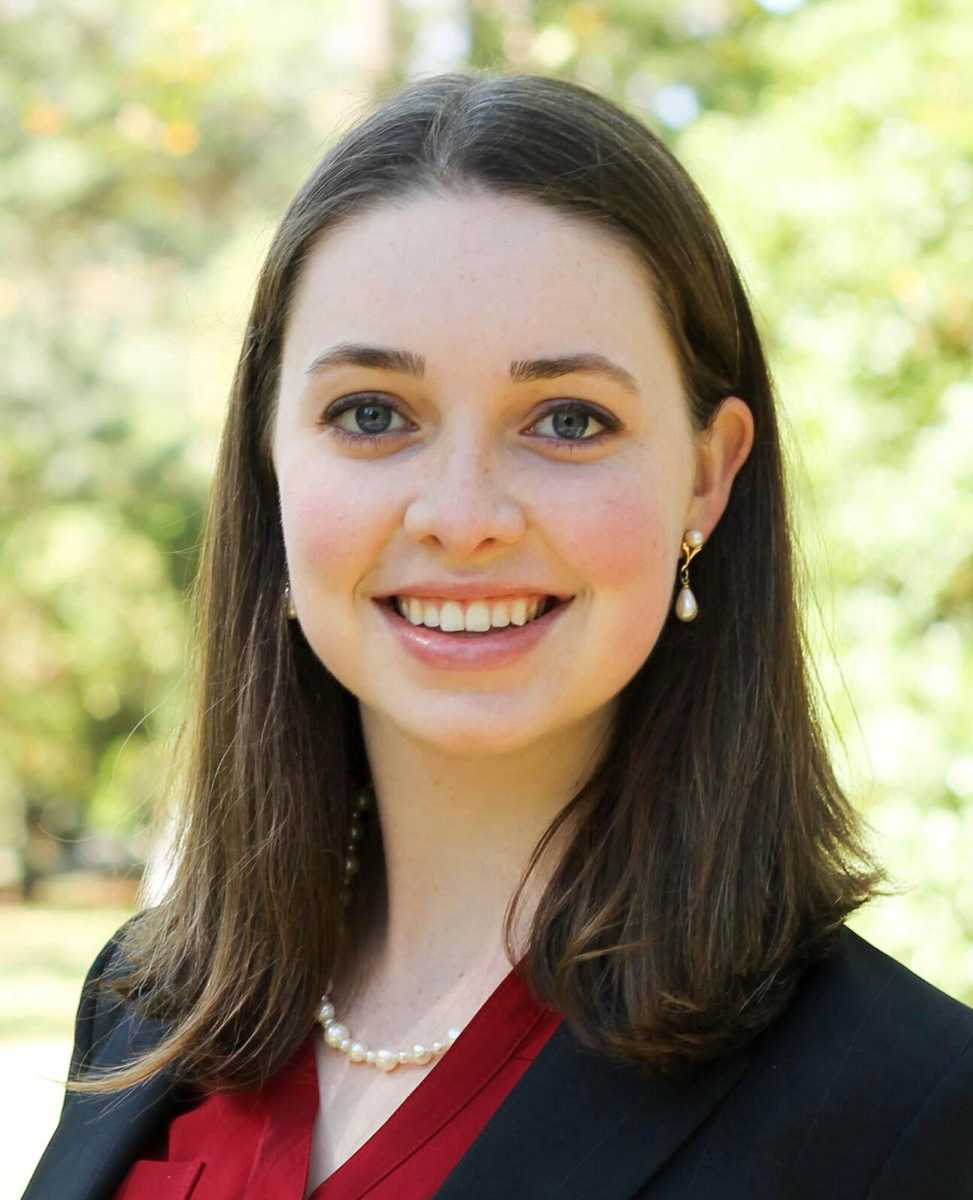
Delaney Thull
Delaney is a fifth-year Ph.D. student in the Philosophy Department. Delaney’s research interests include moral and political philosophy. She is currently working on projects about state-sponsored internet troll farms and about the role of anger in our lives. She also works as the Parr Center for Ethics Graduate Assistant. She completed her MA in Philosophy at UNC in 2021. Before coming to UNC, she graduated from Princeton University with an AB in Philosophy and a certificate in Values & Public Life.
Collaborators

Nathan Ballantyne
Nathan is Associate Professor of Philosophy, Cognition, and Culture at Arizona State University. He has published on questions about good reasoning and epistemic humility, including Knowing Our Limits, a recent book from Oxford University Press. Some of Ballantyne’s public writing has appeared in the New York Times, Forbes, and Scientific American. He is an Executive Editor of the Canadian Journal of Philosophy. He is collaborating with the AEP in co-organizing our second annual workshop, on the epistemology of science communication.
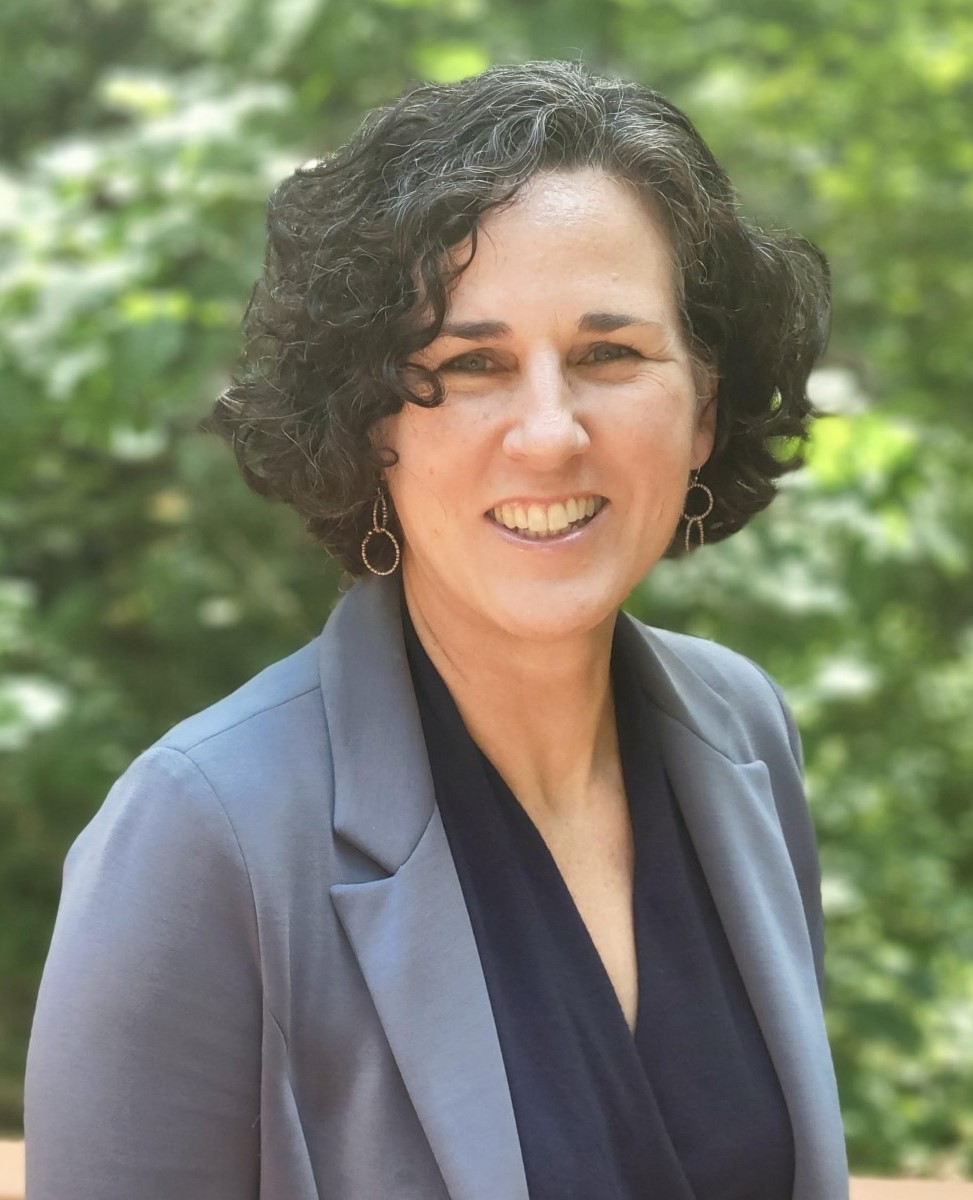
Paula McAvoy
Paula is an Associate Professor of Social Studies education at North Carolina State University. Her research focuses on empirical and philosophical questions related to the aims and practices of democratic education. She is the co-author with Diana Hess of The Political Classroom: Evidence and Ethics in Democratic Education (Routledge, 2015), which won the 2016 Outstanding Book of the Year from AERA and the 2017 Grawemeyer Award for Education. She has published articles in a number of journals such as Educational Theory, Theory and Research in Education, and Curriculum Inquiry. In addition to her scholarly work, she leads professional development workshops around the country aimed at helping teachers and university faculty engage students in discussions of controversial political issues. She is currently working with Lauren Gatti on a book project called Just Teacher: Taking the Ethical Long View in the Profession of Teaching (Teachers College Press). She has collaborated with the AEP on workshops for teachers that engage them in discussions of philosophical questions of classroom practices related to truth, knowledge, and neutrality.
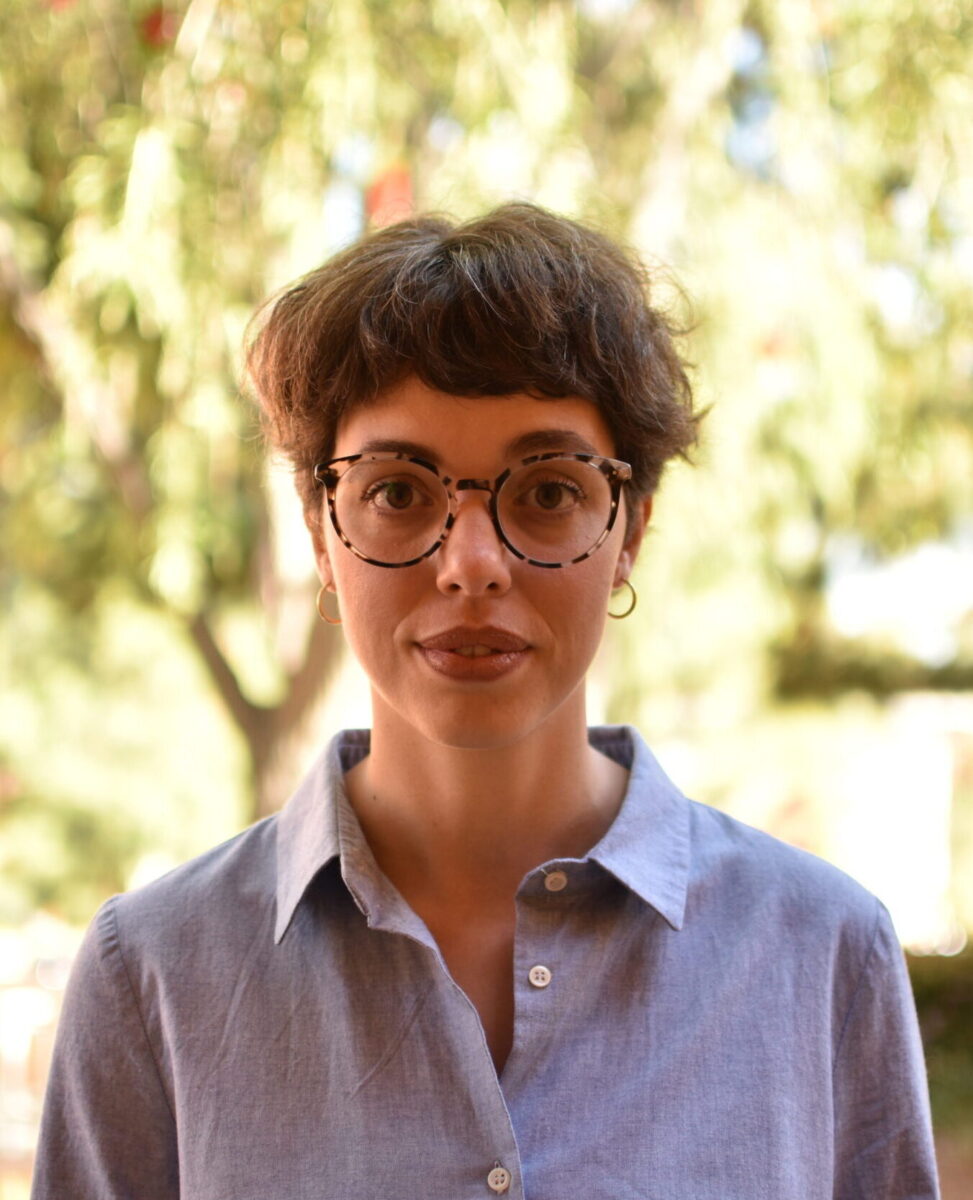
Giulia Napolitano
Giulia is an Assistant Professor in the School of Philosophy at Erasmus University Rotterdam. During the 2022-23 academic year, she was a Postdoctoral Fellow in the Applied Epistemology Project. She is continuing to collaborate with us as a core team member for our two-year grant-funded research project on the philosophy and psychology of deference to experts. Her research interests lie primarily in social and applied epistemology, and its intersections with social philosophy of mind and language. Over the last few years, she has been working on the topic of conspiracy theories from the perspective of individual and collective epistemology. She is also interested in issues relating to online belief polarization, political propaganda, the epistemology of prejudice, resilient representations of social kinds, and the generic mode of representation.
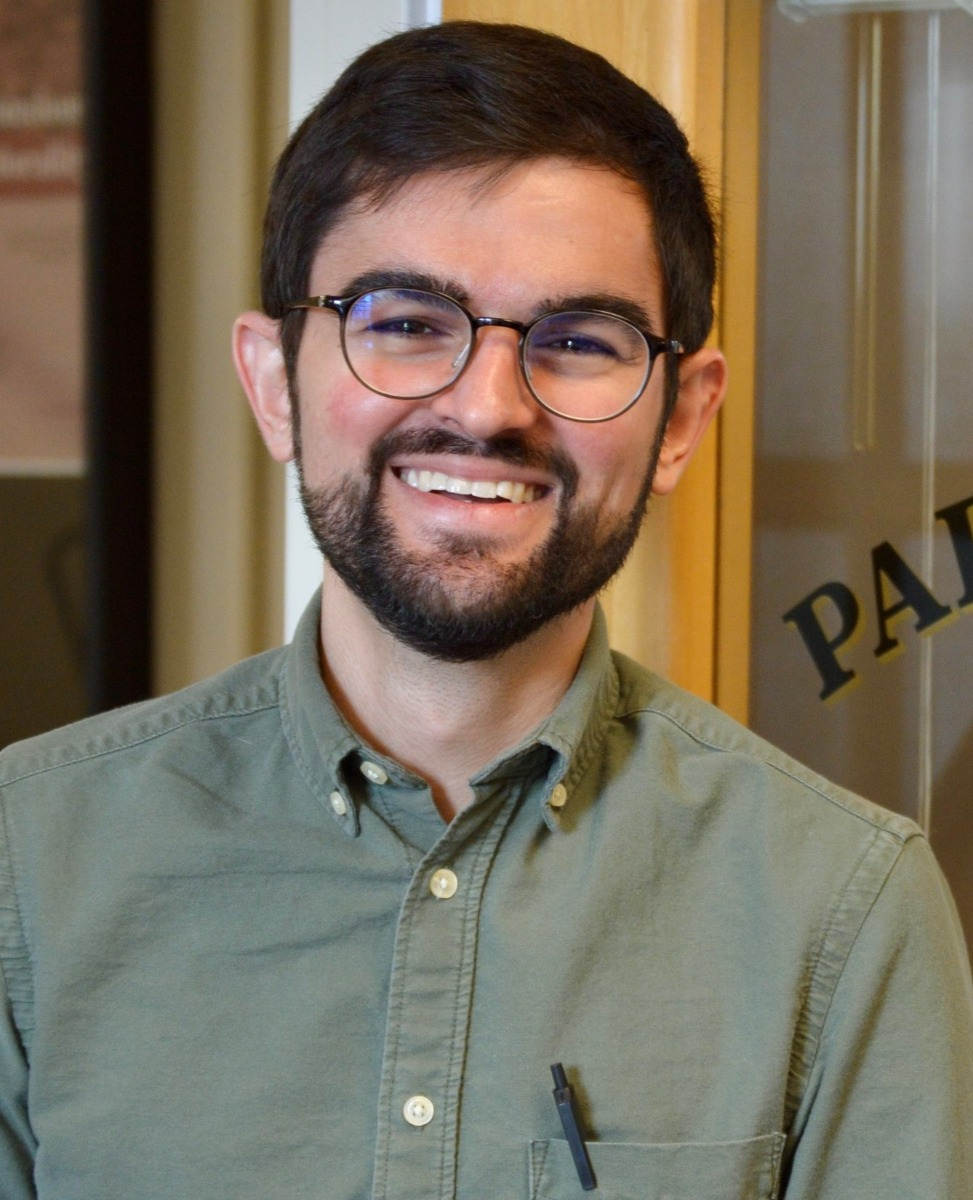
Michael Vazquez
Michael is Teaching Assistant Professor and Director of Outreach in the Department of Philosophy and at the Parr Center for Ethics at UNC-Chapel Hill. He is also a lecturer in the Mid-Career Doctoral Program in Educational Leadership at the University of Pennsylvania Graduate School of Education. Michael has worked with the Applied Epistemology Project to host professional development programs for K-12 educators, especially those that allow educators to better navigate the conceptual and normative dimensions of their practice. Michael is also involved in a number of efforts to assess empirically the impact of pre-college and lifelong philosophy programming on the cultivation of key intellectual virtues such as humility and patience.
